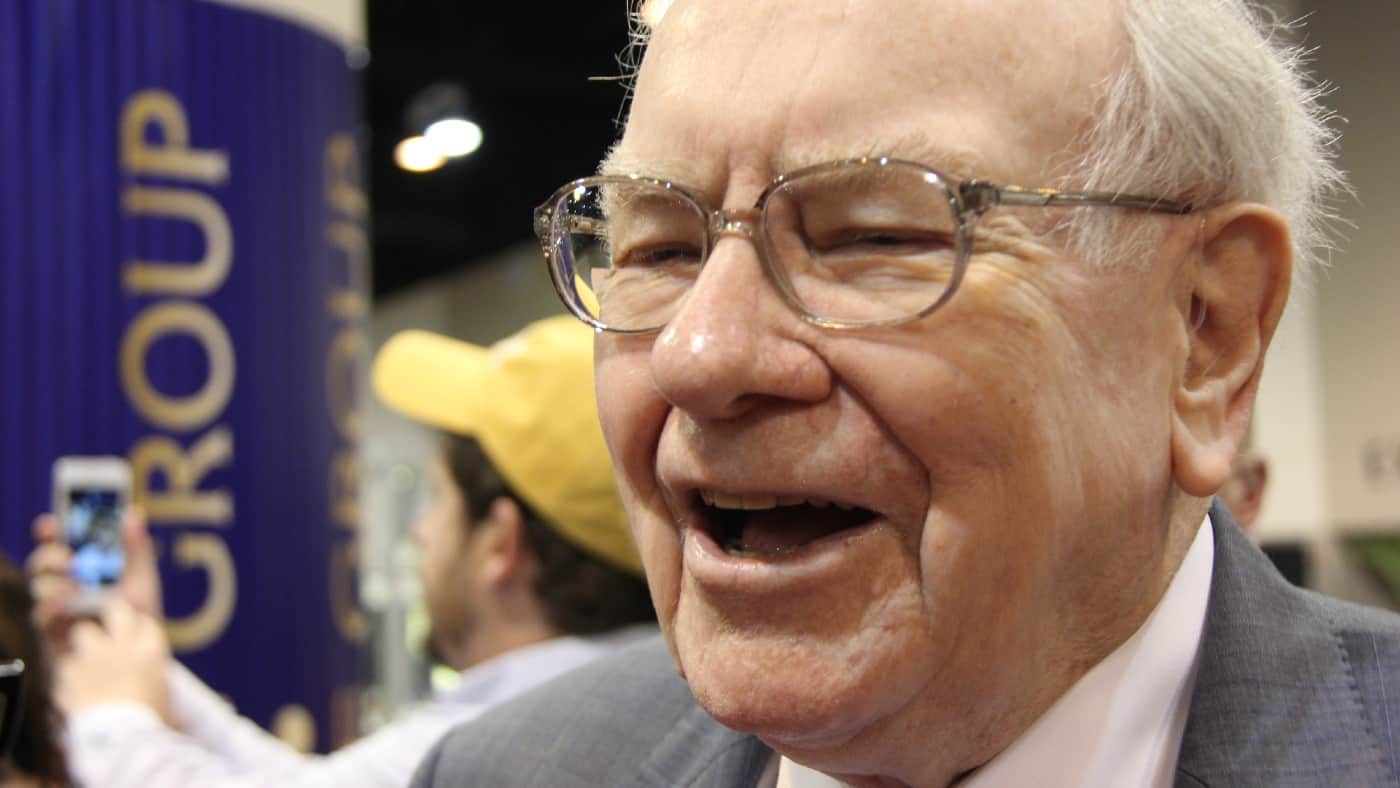Image source: The Motley Fool
Bitcoin is one of the most divisive innovations ever. Some treat it as almost a byword for the future of finance. Others, like Warren Buffett, believe it has no intrinsic value because it doesn’t produce anything tangible.
Last year at the annual Berkshire Hathaway shareholders meeting, Buffett said: “If you [everyone in the room] owned all the bitcoin in the world and you offered it to me for $25, I wouldn’t take it. Because what would I do with it?…It isn’t going to do anything”.
Basically, it isn’t going to provide me with any dividends. If I want to build a passive income empire, I’d forget bitcoin and follow the ‘Oracle of Omaha’ instead.
Long term
“If you aren’t willing to own a stock for 10 years, don’t even think about owning it for 10 minutes”.
This Warren Buffett quote remains one of the best encapsulations of long-term investing I’ve heard. When it comes to passive income, it’s going to take time for most investors to build up anything resembling an empire.
If I invest £5,000 in a high-yield dividend stock with a yield of 6%, then I can expect a minimum of £300 each year from my investment. (That’s assuming the dividend doesn’t get cut, which is always possible.) While welcome, that’s hardly life-altering.
So unless I have a really large upfront sum to invest, I’m almost certainly going to have to take the long view. This means investing regularly in order to harness the power of compound interest.
The miracle of compound interest
The importance of compound interest in building wealth cannot be exaggerated. In fact, Warren Buffett has gone as far as to say that: “My life has been a product of compound interest“.
The average person in the UK today has savings of £17,356, according to research from the Building Societies Association (BSA). However, this obviously varies wildly according to age and occupation.
So let’s assume I start with £10,000 and commit to investing £150 a week of further savings into both the US and UK stock markets. And that I generate the combined long-term stock market average of 8.5% a year (with dividends reinvested).
This is what would happen:
| Year | Deposit (£150 x 52 weeks) | Interest (8.5% per annum) | Total |
| 1 | £7,800 | £1,195 | £18,995 |
| 5 | £7,800 | £14,660 | £63,660 |
| 10 | £7,800 | £57,616 | £145,616 |
| 20 | £7,800 | £295,961 | £461,961 |
| 30 | £7,800 | £955,883 | £1,199,883 |
Passive income
An astonishing £955,883 would come from compound interest! If I then invested the total amount into a basket of dividend stocks that yield an average 6%, I could be earning £67,200 a year in passive income.
But this calculation was based on the market average. Were I to find stocks that beat the market average over time — like Warren Buffett has — then that passive income figure would be much higher.
And this £1.2m figure doesn’t factor in the potential to save and invest more in the future. Investing more into stocks that beat the market would truly turbocharge the whole process.
In fact, after 30 years, my passive income could potentially cross the £100,000 mark. In my view, going from a few hundred pounds to this amount would be equivalent to building a passive income empire.
Credit: Source link













